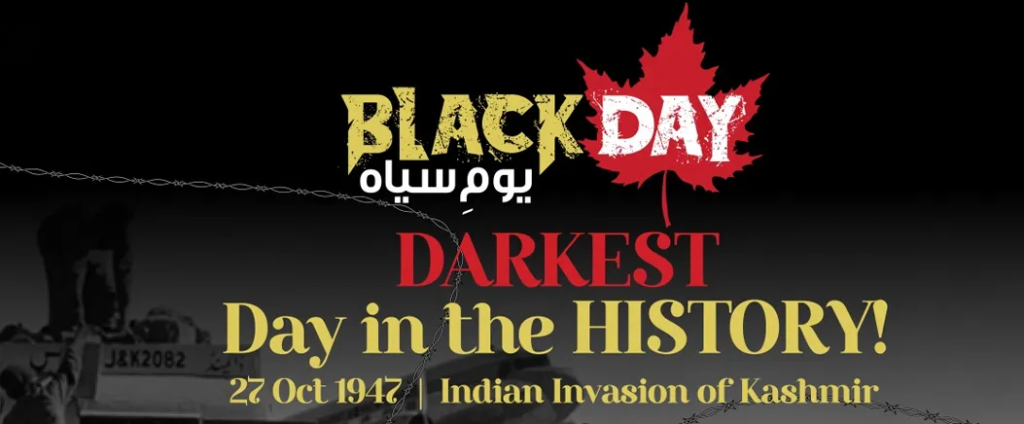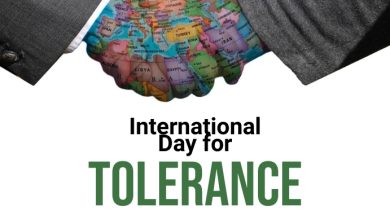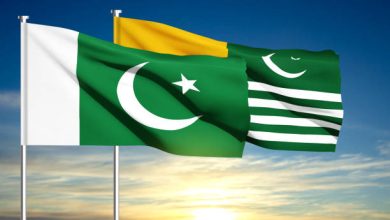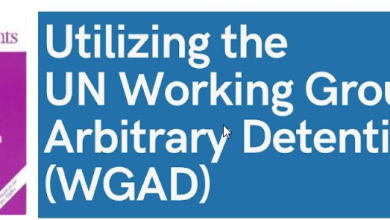Observing October 27 as Black Day: A historical perspective on Kashmir
 Arshad Ghani
Arshad Ghani
October 27 marks a poignant moment in the history of Jammu and Kashmir, as Kashmiris worldwide recognize it as Black Day. This date commemorates the day in 1947 when India militarily occupied the region, contrary to the will of its people and in violation of the Indian Independence Act and the Partition Plan. According to this plan, princely states had the right to choose their allegiance based on geographic and demographic factors. With approximately 87% of its population being Muslim, Kashmir had a natural inclination towards joining Pakistan, which shared common cultural and religious ties. However, the region’s Hindu ruler, Maharaja Hari Singh, controversially acceded to India, setting the stage for the enduring Kashmir conflict.
In retaliation against Kashmiri aspirations for integration with Pakistan, Indian troops, alongside the forces of the Dogra Maharaja and Hindu extremists, committed atrocities against Kashmiri Muslims, resulting in the massacre of over 300,000 Kashmiri Muslims in Jammu over a mere two months.
India asserts that it signed the ‘Instrument of Accession,’ which was presented to Maharaja Hari Singh on October 26. However, prominent British historian Alistair Lamb, in his book The Birth of Tragedy, argues that the sequence of events following the Partition suggests that Indian troops invaded Kashmir before this document was signed. He posits that the Indian government’s reluctance to present this document publicly stems from its dubious legitimacy. This view is supported by Kashmiri researchers Abdul MajidZargar and BasharatHussainQazilbash, who contend that no genuine Instrument of Accession exists. Additionally, the Indian Archives Department has declared that this document is lost, raising serious questions about its authenticity.
Furthermore, the Boundary Commission led by British barrister Cyril Radcliffe played a crucial role in facilitating India’s illegal occupation by incorrectly demarcating the partition line, which resulted in the transfer of Gurdaspur—a Muslim-majority area—to India, granting it access to Jammu and Kashmir.
From the beginning of India’s occupation, the people of Jammu and Kashmir have resisted, launching an armed struggle that gained traction in 1947. They succeeded in liberating parts of the region now recognized as Azad Jammu and Kashmir. In a desperate move to avoid defeat, India sought intervention from the UN Security Council on January 1, 1948. The UN resolutions called for a plebiscite to determine Kashmir’s future, yet India later reneged on these commitments, preventing any resolution from being achieved.
Frustrated by decades of unfulfilled promises for a peaceful resolution, the people of Indian illegally occupied Jammu and Kashmir escalated their freedom struggle in 1989. Mass uprisings erupted in 2008, 2009, 2010, and 2016, only to be met with severe military repression. Despite peaceful protests, Indian forces responded with violence, resulting in numerous casualties and injuries.For the past 77 years, India has utilized various means to suppress the Kashmiri resistance, employing tactics such as extrajudicial killings, torture, and collective punishments. Nearly one lac KashmirisKashmiris have been killed by occupying Indian troops since 1989.
Under NarendraModi’s government, efforts to alter the status of Jammu and Kashmir have intensified, especially following the revocation of Article 370 on August 5, 2019. This move effectively annexed the region and led to widespread arrests of Kashmiri leaders and activists. New domicile laws aim to settle non-Kashmiri Hindus in the area, further undermining its demographic composition. The manipulation of electoral boundaries and the promotion of Hindu identities reflect a broader attempt to marginalize the Kashmiri Muslim population.
Pakistan has consistently supported the Kashmiri struggle for self-determination, with its founder, Muhammad Ali Jinnah, famously calling Kashmir the “Jugular Vein” of Pakistan. Since then, Pakistani leaders have reiterated that peace in South Asia hinges on resolving the Kashmir issue.
October 27 serves as a stark reminder of the ongoing struggles faced by the Kashmiri people. Observing Black Day underscores the international community’s responsibility to address the Kashmir dispute and uphold the right to self-determination for Kashmiris. In light of the Modi government’s attempts to alter the disputed status and demographic structure of occupied Kashmir, the significance of this day has grown, sending a powerful message that Kashmiris will not accept subjugation and will continue their struggle for the inalienable right to self-determination, as promised by India and enshrined in numerous UN resolutions.








